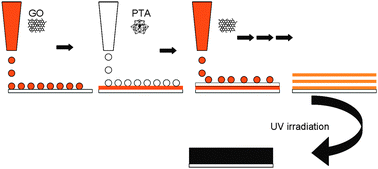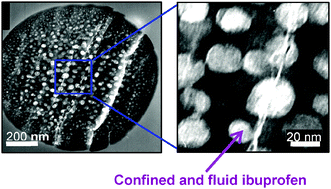PCCP themed issue: Biophysical Studies on Protein Misfolding and Amyloid Diseases
Guest Editor: Ayyalusamy Ramamoorthy (University of Michigan, USA)
PCCP is delighted to announce the high-profile themed issue ‘Biophysical Studies on Protein Misfolding and Amyloid Diseases’. It is our pleasure to invite you to submit an original research article for this themed issue.
The themed issue will be published in PCCP in 2013. It will receive great exposure, and get significant promotion.
PCCP is a high-impact, community spanning, international journal publishing work of the highest quality in the broad fields of physical chemistry, chemical physics and biophysical chemistry.
Deadline for Submissions: 15th December 2012
Amyloid diseases include a number of untreatable and devastating diseases such as Alzheimer’s, type II diabetes, Huntington’s and Parkinson’s diseases. The underlying mechanisms of pathology in these diverse diseases are all linked by the accumulation of misfolded proteins. Therefore, a detailed understanding of the molecular and cellular mechanisms of protein misfolding might facilitate new therapeutic discoveries across a broad family of disorders. Towards this goal, the challenge is to bring together an interdisciplinary collection of biophysical investigations required to link molecular mechanisms with cellular pathways and potential drug development.
This PCCP themed issue will cover a variety of topics including:
• The latest structural and kinetic studies on amyloid proteins
• Biophysical techniques to characterize the structure and oligomerization of amyloid proteins
• Novel approaches to inhibit and characterize the amyloid aggregation
• Theoretical and molecular dynamic simulation studies providing insights into the misfolding pathways and structure of amyloid proteins.
Manuscripts can be submitted in any reasonable format using our online submissions service. Submissions should be high quality manuscripts and will be subject to rigorous peer review. Please indicate upon submission that your manuscript is intended for this themed issue.
The deadline for submissions to the themed issue is 15th December 2012, though submissions before this date are of course welcomed.
If you haven’t already, check out our web collection of articles on biophysics and biophysical chemistry in PCCP.













 As the excitement builds at London 2012 we bring you some “Olympics themed” articles from
As the excitement builds at London 2012 we bring you some “Olympics themed” articles from 


